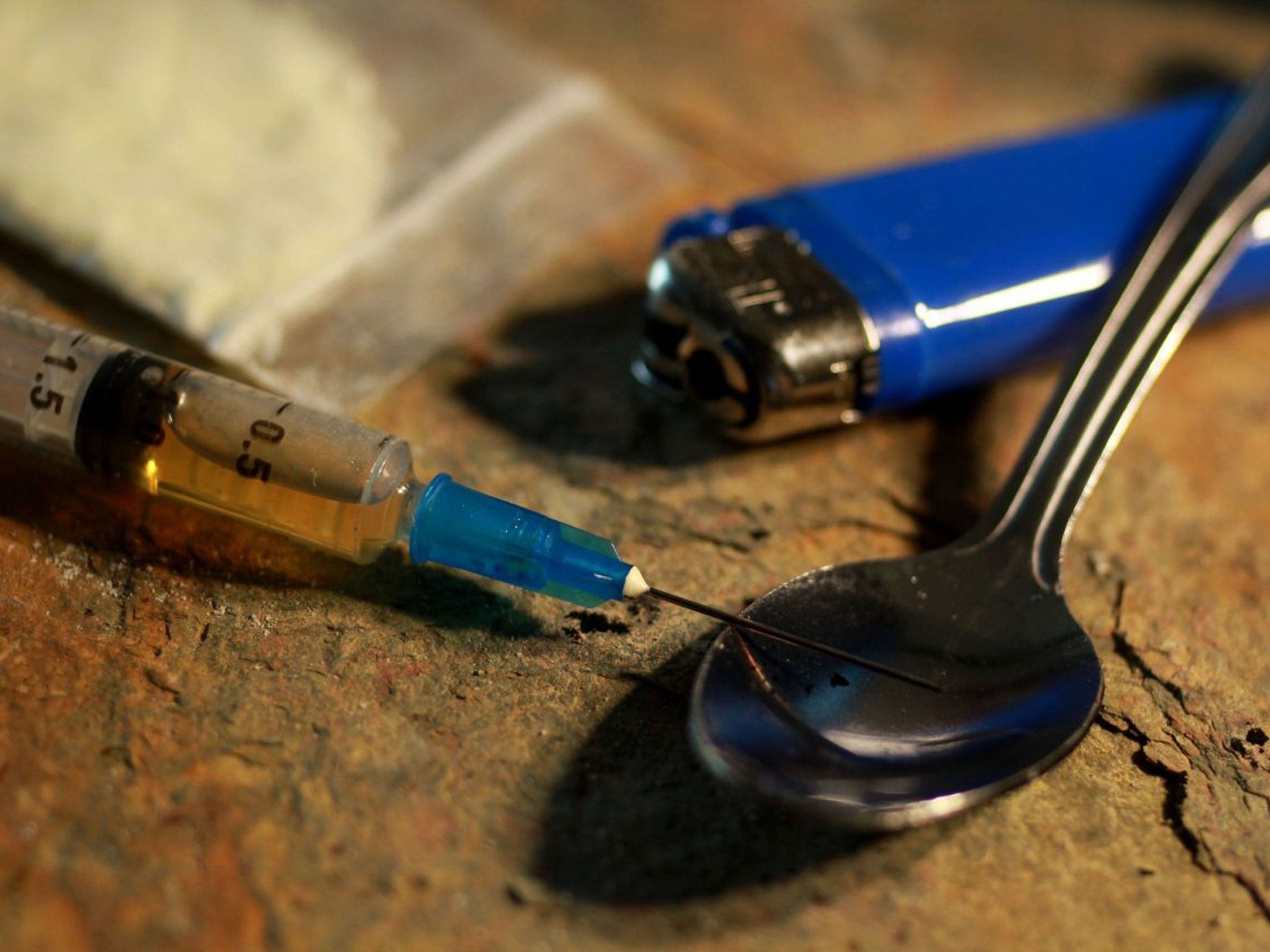Experts warn of rise in gay ‘slamming’
The number of men using drugs in a sexual context quadrupled in two years and could be linked to a disturbing rise in HIV infection rates

Three times as many gay and bisexual men in London inject drugs than in England as a whole, according to new analysis, which also found that four times as many use crystal meth in the capital than across the rest of the country.
The figures, compiled by the London School of Hygiene and Tropical Medicine (LSHTM), reinforce experts’ warnings of a “meteoric” rise in the number of gay men injecting drugs such as mephedrone, GHB or crystal meth, in the capital. The trend – known as “slamming” – gives users a more intense high and commonly takes places at sex parties which can go on for several days, according to experts; they warn that the trend could be linked to a disturbing rise in HIV infection rates.
The number of men injecting in a sexual context quadrupled between 2011 and 2013, according to Antidote, the UK’s only lesbian, gay, bisexual and transgender drug and alcohol support service. More than 60 per cent of their clients injected drugs last year. This is double the number who injected in 2010. Nine years ago, fewer than 1 per cent were injecting drugs.
Antidote has been “overwhelmed” by men presenting with health conditions from the sexualised use of these drugs – which increase libido while decreasing sexual inhibition. Reports of men sharing needles and sleeping with, on average, five to 10 partners per drug-using episode, have rung alarm bells.
“It’s become somewhat destigmatised,” said Antidote’s David Stuart, who is believed to be the country’s first drug counsellor specialising in sexual health. “You can go on Grindr or other apps ... and you can see the world of slamming is glamorised. A man will say: ‘Yeah, I slam.’ But if you ask him if he’s an addicted drug user, he’ll say: ‘F**k off’.”
The authorities – who are used to seeing very low percentages of injection use among gay men – are taking notice. Councils across London have commissioned their own studies to be carried out into the “chem-sex” trend. Lambeth, Southwark and Lewisham are funding the LSHTM to analyse European data relating to their boroughs and carry out interviews.
Anecdotally, experts believe this is a key to a trend in rising HIV infection levels. Diagnoses among men who have sex with men continue to rise and reached an all-time high in 2012; 3,250 were recorded. London had the highest number of new diagnoses (1,450).
“If you go to any heroin addict on the corner, they’ll know where to get clean needles from,” Mr Stuart said. “But if you ask a gay man at a sex party, he won’t know. Diseases can spread through careless injecting.”
Jason (not his real name), a 37-year-old gay man from London, started using crystal meth four years ago, after his 11-year relationship ended. It improved his sex life and soon he started injecting it and going on three-day sex “benders”. Now he has hepatitis C and is HIV positive, which he blames on his drug use.
“Sometimes, I was having the best time of my life, for a day or so, but it always ended up being really freaky, paranoid or twisted … I’m OK now, but I still struggle to have normal sex without [crystal meth],” he said.
Adam Bourne, lecturer in public health at LSHTM, said Antidote’s research has made academics “stand up and think ‘hang on a minute’”. He added: “Gay men have always been prolific drug users, particularly when it comes to ‘club drugs’, but injecting drugs – crystal meth, GHB – is a relatively new phenomenon that we haven’t really observed before.”
LSHTM is analysing EMIS, the European “Men who have sex with men” internet survey. More than 180,000 participants from 38 European countries took part in 2010, including almost 18,000 men from the UK.
Preliminary analysis for The Independent on Sunday found that 2.3 per cent of men from London who completed the survey had injected drugs in the previous 12 months, compared with just 0.8 per cent of men from England. Nearly 3 per cent of men who lived in the capital used crystal meth within the previous month, compared with 0.7 per cent elsewhere in England.
Dr Bourne added that previous research indicates that drug use, and particularly crystal meth, is higher among HIV positive gay men than those who are negative or who are untested.
A spokesman for Public Health England, which has established a working group to develop guidance on the trend, said: “This is a serious health issue that is driving poor sexual and mental health, as well as the transmission and acquisition of HIV and other blood-borne viruses.”
He added that the national health protection service is “concerned” about the increasing use of drugs, “in particular, in the context of sex parties, where unprotected sex may occur”.
James Taylor, head of policy at gay rights campaigning group Stonewall, said that the figures are “deeply worrying”. He added: “This makes it all the more vital that prevention messages and information are targeted at gay and bisexual men, to highlight the very real risks of injection drug use.”